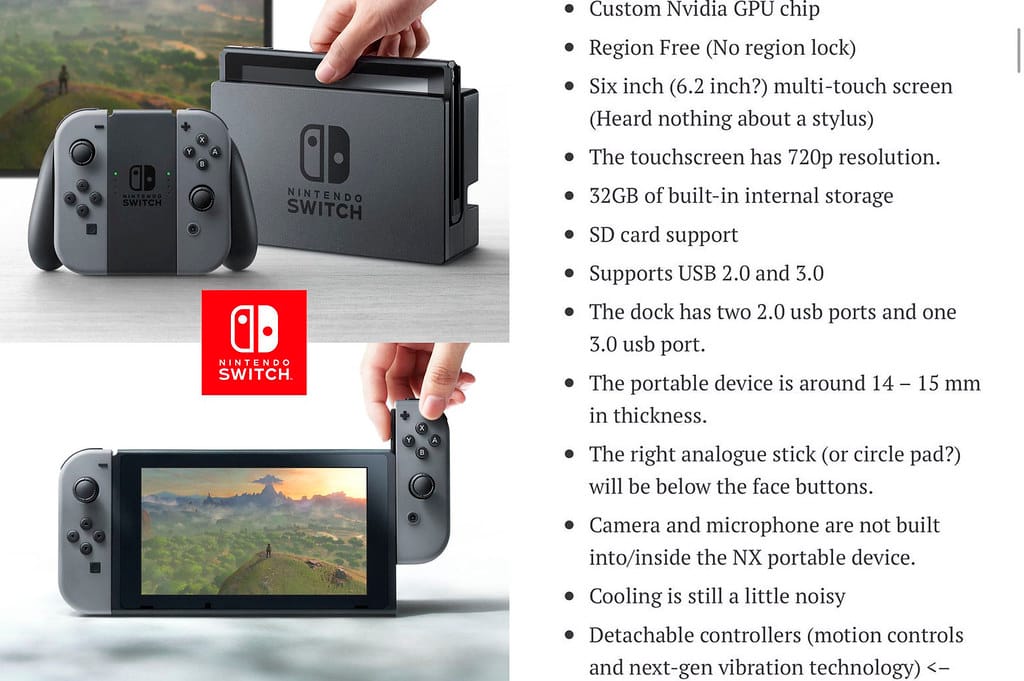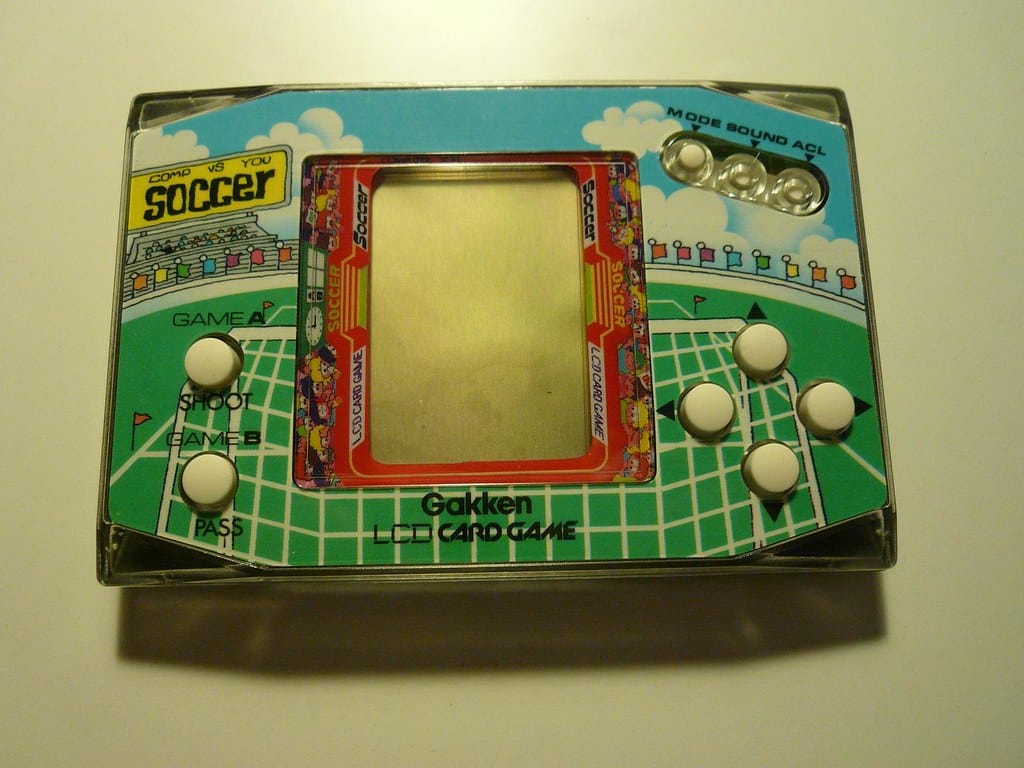Nintendo Goes Dark on Amazon: Gaming Giant Pulls Products from Major US Retailer
Nintendo has quietly removed virtually all of its first-party games and hardware from Amazon's US marketplace, marking a significant shift in the gaming giant's retail strategy that could reshape how consumers purchase their favorite titles.
The Japanese gaming company's products, including popular Nintendo Switch games like "The Legend of Zelda: Tears of the Kingdom," "Super Mario Bros. Wonder," and "Pikmin 4," have disappeared from Amazon's direct inventory. While third-party sellers continue to offer Nintendo products at often inflated prices, the absence of Amazon as an official retailer represents a notable disruption in the gaming retail landscape.
The Scope of Nintendo's Amazon Exit
The withdrawal appears comprehensive, affecting both physical game cartridges and Nintendo Switch hardware. Previously, Amazon served as one of the primary online destinations for Nintendo products, often offering competitive pricing and Prime shipping benefits that made it a go-to choice for consumers.
Industry observers first noticed the changes in late 2024, with gaming forums and social media buzzing about the sudden unavailability of Nintendo titles through Amazon's standard retail channels. The move affects not just new releases but also Nintendo's extensive back catalog of Switch games.
What This Means for Consumers
Higher Prices from Third-Party Sellers
With Amazon no longer selling Nintendo products directly, consumers must turn to third-party marketplace sellers, who typically charge premium prices. Popular titles that previously sold for $59.99 through Amazon are now listed by third-party sellers for $70-80 or more, particularly for in-demand games.
Limited Shopping Options
The move forces Nintendo fans to seek alternatives like Best Buy, Target, GameStop, or Nintendo's own online store. This fragmentation could make it harder for consumers to find competitive prices or take advantage of bundled deals that Amazon frequently offered.
Potential Reasons Behind the Split
While neither Nintendo nor Amazon has provided official statements about the change, several factors could explain this strategic shift:
Profit Margin Disputes
Amazon's fee structure for third-party sellers and its demands for wholesale pricing may have created unsustainable margins for Nintendo. Gaming hardware and software traditionally operate on thin profit margins, making retailer fees particularly impactful.
Control Over Brand Experience
Nintendo has historically maintained tight control over its brand presentation and customer experience. Selling through Amazon means competing with counterfeit products and unauthorized sellers, potentially diluting Nintendo's brand integrity.
Direct-to-Consumer Strategy
This move aligns with broader industry trends toward direct sales. By pushing consumers to its own eShop and official retail partners, Nintendo can capture more revenue per sale and maintain better relationships with customers.
Industry Implications
Nintendo's decision reflects broader tensions between major brands and Amazon's marketplace model. Other gaming companies have expressed similar concerns about counterfeiting, price erosion, and loss of control over the customer experience on Amazon's platform.
The move also highlights the growing importance of exclusive retail partnerships. Companies like Nintendo may find more value in working closely with specialized gaming retailers who better understand their products and customer base.
What Happens Next?
For Nintendo Fans
Consumers should expect to pay higher prices in the short term while the market adjusts. Shopping around at traditional retailers like Best Buy, Target, and GameStop will become more important for finding competitive prices.
For the Gaming Industry
Other major gaming companies will likely watch Nintendo's experiment closely. If Nintendo maintains or improves its sales performance without Amazon, it could inspire similar moves from competitors like Sony or Microsoft.
For Amazon
The loss of Nintendo products represents a significant gap in Amazon's gaming catalog. The company may need to improve its terms for gaming publishers or risk losing more major brands.
The Bottom Line
Nintendo's withdrawal from Amazon US represents more than a simple business dispute—it signals a potential shift in how major gaming companies approach online retail. While consumers may face short-term inconveniences and higher prices, Nintendo's move could ultimately lead to better profit margins and brand control.
For gamers, this change serves as a reminder to diversify shopping habits and compare prices across multiple retailers. The days of Amazon as a one-stop shop for all gaming needs may be coming to an end, at least where Nintendo is concerned.

